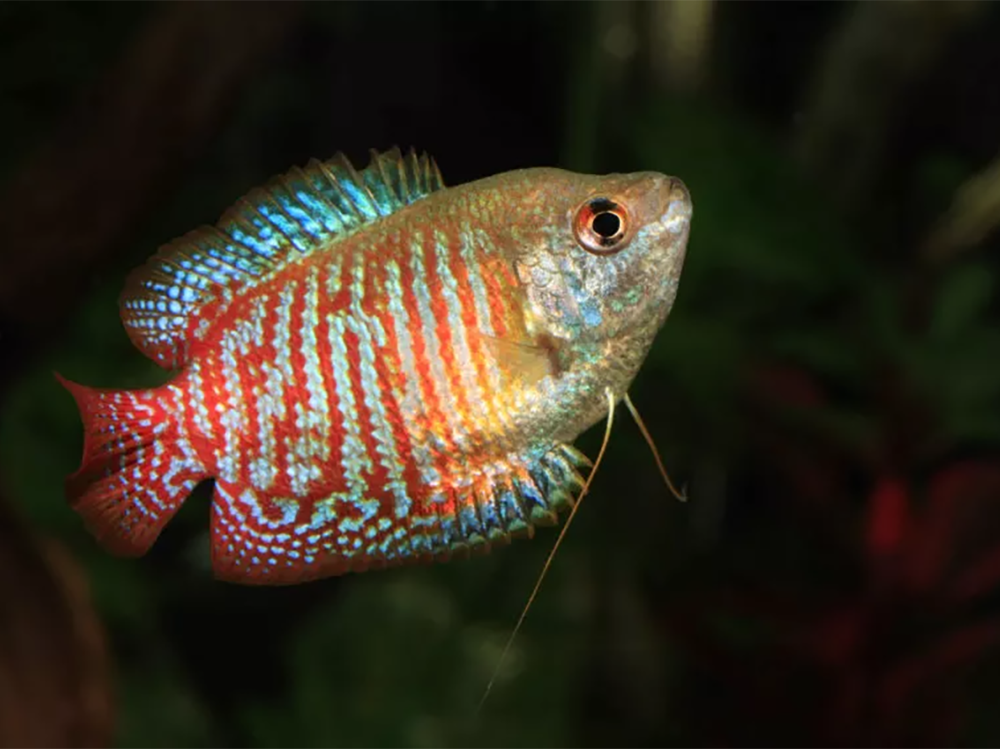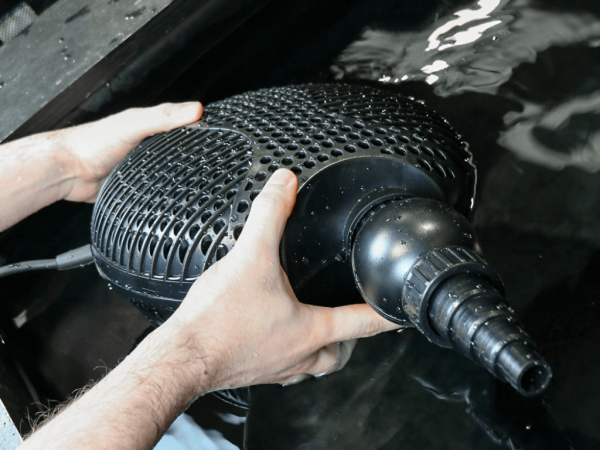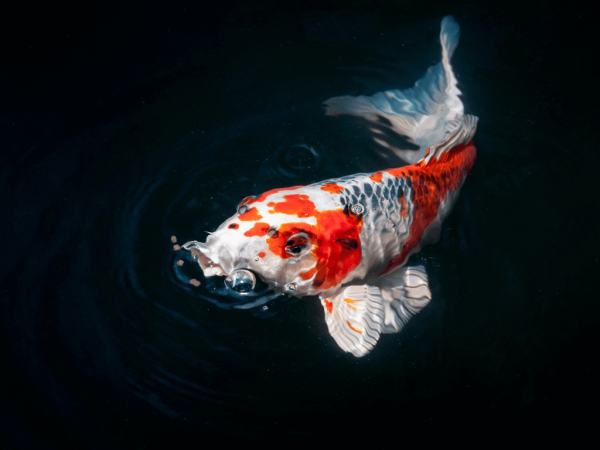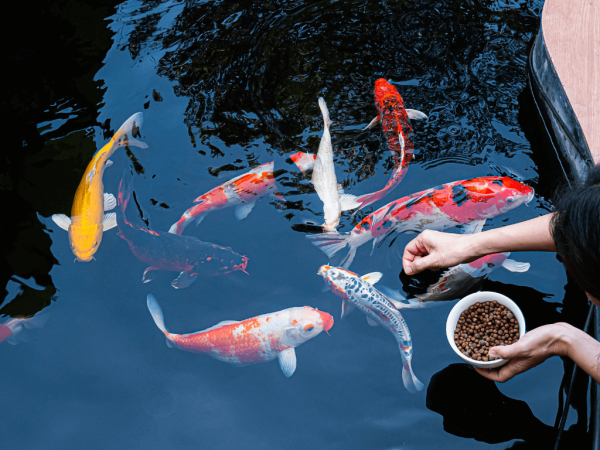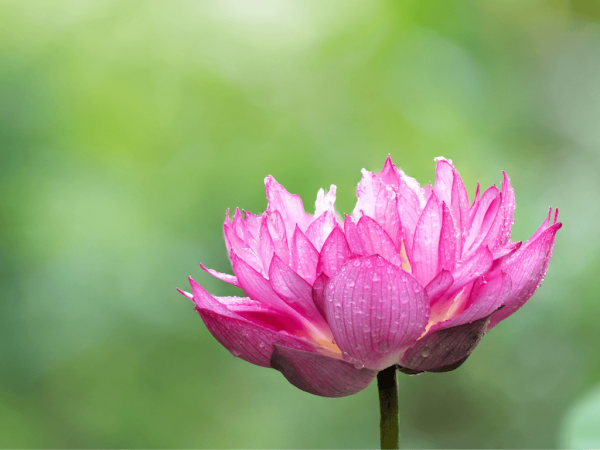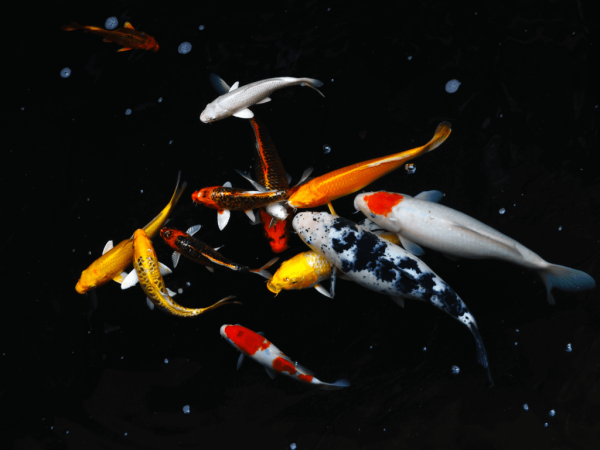Why are my fish swimming at the top of the tank?
Uncomfortable fish swimming at the top of the tank can be a fishkeeping nightmare but it's easily fixed.
First, check aquarium oxygen levels
Check that the filter is plugged in and switched on and that the fish tank water is being agitated and rippled by the pump. If you have an air pump, check that it’s producing bubbles in the water.
When dissolved oxygen levels are low, fish hang at the surface and gasp, as the surface area has the highest oxygen level in the tank because it's in contact with the air. If low oxygen levels are to blame and you don’t remedy the situation many common species of fish like Tetras will die. Exceptions should be fish that are specially adapted to deal with low dissolved oxygen levels in the wild - the labyrinth fish, like Gouramies and Siamese fighting fish, and some catfish.
Check the water temperature too as the higher the water temperature, the less dissolved oxygen it can hold (you can lower the temperature using an aquarium chiller). If you have air pumps and air stones then use them 24 hours per day. Air pumps drive off carbon dioxide too, which makes freshwater fish look like they are suffering from low oxygen levels at the same time.
Check aquarium ammonia levels
Another reason for aquarium fish swimming at the surface may be poor water quality. Fish tank water can be crystal clear but deadly at the same time; toxic ammonia, produced by fish, and nitrite, a byproduct, are deadly at any level above zero. Test the water using a nitrite test kit, or install an ammonia alert or a Seneye monitoring device to tell you if ammonia is present.
If ammonia is present you will need to remove and detoxify it to prevent the fish in the tank from succumbing to it. Change 50% of the fish tank water and add ammonia remover, to convert the toxic ammonia into safer ammonium.
Look at the aquarium as a whole and ask yourself why ammonia was present. Was it a new tank, stocked too quickly, or overstocked with fish? Were the fish overfed or is there a dead fish somewhere decomposing? Did the filter go off in a power cut? Is the filter blocked? Or did you change the old filter media, throwing out all the beneficial bacteria as you did so? Add filter bacteria and bring ammonia back down to zero as quickly as you can.
Check sick fish for disease
Fish diseases can make fish poorly enough to hang in the water, listless and lethargic, or motionless. Parasites can enter the fish’s gills, causing breathing to become more laboured and the fish will react as if the water is low in oxygen, by hanging at the surface. Check the fish for any signs of white spots, fungus or slime. If its pectoral fins are clamped it can be a sign of disease too.
If you suspect a disease might be present, treat the whole aquarium with disease treatment, as recommended by the manufacturer. If you have one, install an air pump and air stone to bring vital extra oxygen to the troubled fish, and help it to breathe.
Can ammonia, low oxygen and disease all be affecting my aquarium fish?
In extreme circumstances, a fish may be hanging at the surface because of low oxygen, high ammonia and disease, a common example of which would be a Goldfish in an unfiltered cold water bowl. The disease can come from the stress of being kept in poor water and few if any fish could survive those three circumstances for long.
That’s why we recommend a proper aquarium with filtered water that’s matured and stocked slowly, with test kits to test the water. Add beneficial filter bacteria on a regular basis and ensure that oxygen levels are always high by way of a separate air pump and air stone.
Surface swimming freshwater fish
There will always be exceptions, like fish that are meant to swim at the surface. Surface-dwelling fish include Zebra danios, Hatchetfish and Guppies, and they naturally swim at the surface in the wild to be first to the food. All should be active and feeding when at the surface, however, with bright eyes and spread fins. If any surface-dwelling fish stay in one place, shimmy and gasp, look to other underlying causes like those listed above.
If you are still struggling to find the root problem of your fish's discomfort after reading this guide, we recommend using a complete test kit, such as the API Freshwater Master Test Kit. While you're thinking about your fish, you might want to stock up on coldwater fish food. Why not try our brand-new coldwater fish food including Swell Goldfish Flakes and Swell Goldfish Granules?




